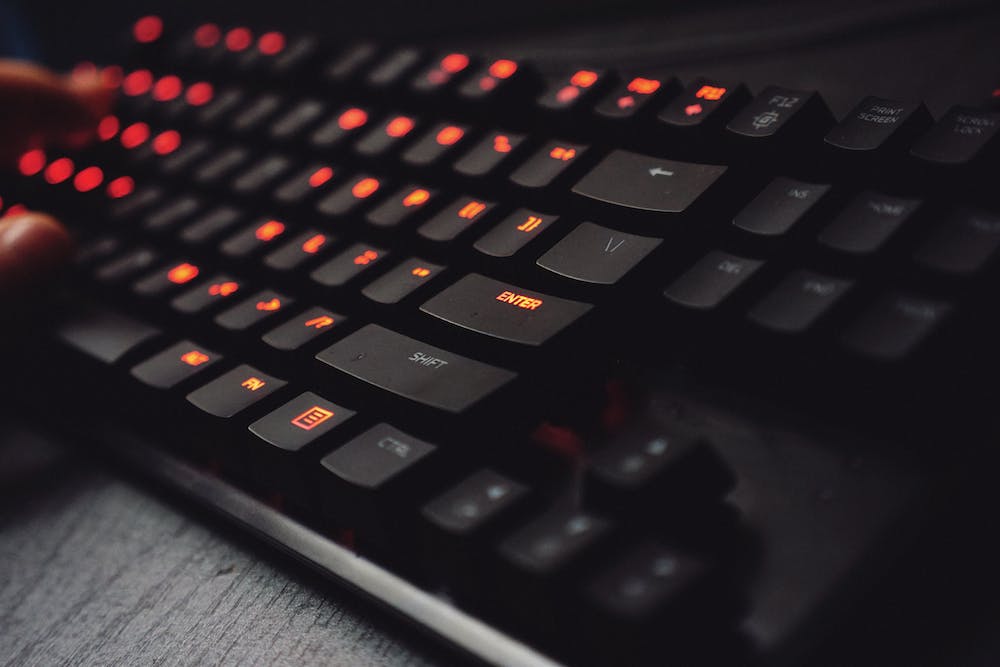
When IT comes to understanding the performance of a computer, one of the key factors to consider is the CPU clock speed. The CPU, or Central Processing Unit, is the brain of the computer and is responsible for executing instructions and performing calculations. The clock speed of the CPU, measured in gigahertz (GHz), is a crucial characteristic that determines how fast a computer can process data and perform tasks.
What is CPU Clock Speed?
CPU clock speed refers to the number of clock cycles per second that the CPU can execute. In simple terms, it is a measure of how quickly the CPU can process instructions. A higher clock speed means that the CPU can perform more operations in a given amount of time, leading to faster overall performance.
For example, a CPU with a clock speed of 3.0 GHz can perform 3 billion clock cycles per second, while a CPU with a clock speed of 2.0 GHz can perform 2 billion clock cycles per second. Therefore, the 3.0 GHz CPU is capable of processing instructions 50% faster than the 2.0 GHz CPU.
How Does CPU Clock Speed Impact PC Performance?
The CPU clock speed directly affects the performance of a computer. A higher clock speed generally results in faster processing and better performance. This is especially noticeable when performing tasks that require a lot of processing power, such as gaming, video editing, and 3D rendering. A faster CPU can handle these tasks more efficiently, leading to a smoother and more responsive experience.
However, it’s important to note that CPU clock speed is not the only factor that influences performance. Other factors, such as the number of CPU cores, cache size, and architecture, also play a crucial role in determining overall performance. Additionally, the performance of a computer is also influenced by the efficiency of other components, such as the RAM, storage drive, and graphics card.
How to Optimize CPU Clock Speed for Better Performance
There are several ways to optimize CPU clock speed for better performance:
- Overclocking: Overclocking is a method of increasing the clock speed of the CPU beyond its factory settings. This can lead to significant performance improvements, but it also comes with risks, such as increased heat generation and potential damage to the CPU if not done properly.
- Improving Cooling: Keeping the CPU cool is essential for maintaining optimal performance. Upgrading the CPU cooler or improving airflow in the computer case can help prevent thermal throttling and allow the CPU to maintain higher clock speeds for longer periods of time.
- Updating Drivers: Ensuring that the drivers for the CPU and other components are up to date can help optimize performance and compatibility with the latest software and games.
- Optimizing Power Settings: Adjusting power settings in the BIOS or operating system can help maximize CPU performance while minimizing power consumption.
Conclusion
CPU clock speed is a crucial factor that determines the performance of a computer. A higher clock speed generally results in faster processing and better overall performance. It’s important to consider not only the clock speed of the CPU, but also other factors such as the number of cores, cache size, and architecture when evaluating the performance of a computer. By understanding how CPU clock speed impacts PC performance and optimizing it, users can ensure that their computer runs as efficiently as possible.
FAQs
Q: Does a higher CPU clock speed always mean better performance?
A: While a higher CPU clock speed generally results in better performance, it’s not the only factor to consider. Other factors, such as the number of cores, cache size, and architecture, also play a crucial role in determining overall performance.
Q: Can I increase the CPU clock speed of my computer?
A: Overclocking is a method of increasing the CPU clock speed beyond its factory settings. However, it comes with risks and should be done carefully to avoid potential damage to the CPU.
Q: What can I do to optimize CPU performance without overclocking?
A: Improving cooling, updating drivers, and optimizing power settings are some ways to optimize CPU performance without overclocking.





